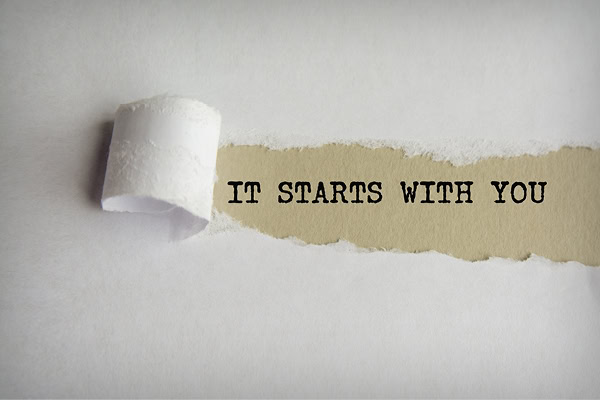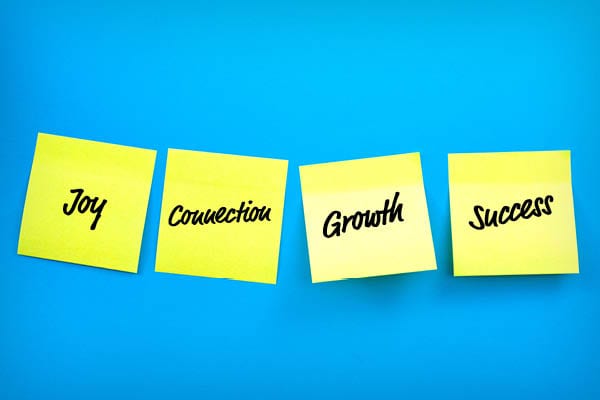A recent Pew Research Center survey of more than 2,500 public school teachers found 79 percent of teachers say parents do too little when it comes to holding their children accountable if they misbehave in school, according to Education Week. Sixty-three percent of all teachers—and three-fourths of high school teachers—say parents do too little to ensure their children’s attendance.
About half of the teachers who responded to the survey gave low marks to both the academic performance and behavior of students at their school.
“I think one striking finding [from the survey] is that while teachers navigate through all these challenges, they just don’t feel like they’re getting the support or reinforcement they need from parents,” says Luona Lin, a research associate at Pew Research Center.
Most teachers—65 percent—do say parents show appreciation for their efforts at least sometimes, with about a quarter saying it happens frequently.
Even so, 40 percent of teachers say that parents at least sometimes communicate with them in a disrespectful way.
Teachers were asked about the problems affecting students at their schools. Topping the list: poverty, chronic absenteeism (generally defined as missing 10 percent or more of school days for any reason), and anxiety and depression. More than a third of middle school teachers also cited bullying.
Natoria Kennell-Foster, a 7th grade English/language arts teacher in Mississippi, says she’s still seeing the lingering effects of school shutdowns and remote learning in her classroom this year.
Some of her students are “really hungry to learn,” she says. “They want all the things I have to give.” Others, though, are still not used to the structure of the school day and have been reluctant to engage in class, she says: “Pulling them in can be difficult.”
Kennell-Foster says she’s found some success by pairing eager students with the disengaged ones. She’s optimistic that some of these problems will dissipate in the next few years. “The further we’ve been removed from quarantine, each year has gotten a little closer to being normal,” Kennell-Foster says.
Cellphones can be an obstacle in the return to normalcy. Most — 71 percent of high school teachers — say their school or district has policies regarding students’ use of cellphones in the classroom; 60 percent say those policies are difficult to enforce.
Tamika Kimble, an 8th and 9th grade science teacher at Sylvan Hill Junior High School in Sherwood, Arkansas, has a sign posted in her classroom that cellphones are not allowed. Even so, she frequently must confiscate phones.
“Sometimes I’ll be teaching, and I notice their heads are down—I know they’re on their phones,” Kimble says. “If I’m paid to teach you to learn something, that’s what I need you to do. I’m not going to allow you to play games on your phone. You are there to learn.”
“It’s like an addiction,” says Kelly Chevalier, a science teacher at Crown Point High School in northwest Indiana. “They can’t put them away for any amount of time.” She sees cellphones akin to cars. Parents would never give their children the car keys and tell them to drive without any preparation, she says. Students need to learn how to use phones—and the unfettered access to a world of both information and mis- and disinformation—responsibly, too.
Accountability is indeed a key.
Education Week





